This website uses cookies to ensure you get the best experience on our website. Terms of Use.
Accept CookiesFor better user experience, please use another browser.
Etendeka Concession, 555542988
Palmwag Concession, 555542988
Uibasen Twyfelfontein Communal Conservancy, 555542921
Huab Communal Conservancy, 555542924
Sesfontein Communal Conservancy, 555542943
Sorris Sorris Communal Conservancy, 555542957
Torra Communal Conservancy, 555542951
Anabeb Communal Conservancy, 555542941
Doro nawas Communal Conservancy, 555542916
Khoadi-Hôas Communal Conservancy, 555542922
SMART patrol report
The project will enhance the management and governance of priority protected areas by addressing existing limitations through strengthening on-site infrastructure/equipment for patrolling, controlling poaching, developing capacity of staff. Furthermore, the project will support local communities’ initiatives aiming to enhance the livelihoods of local people while effectively contributing to protected areas management.
SRT has long recognized the importance of conservation as a rural and sustainable development tool. To this end SRT has included support to communal conservancies as a core pillar in the strategic plan, in line with the national CBNRM policy. Rhino tourism earned around US$250,000 for communal conservancies in 2017. Over the years we have developed a rhino trekking viewing protocol which is grounded on conservation principles of low disturbance and guest interaction with locally employed rhino trackers. SRT has helped to facilitate three contracts between communal conservancies and private sector partners and has worked to support these relationships to ensure that maximum income reaches conservancies. This income provides a sustainable income based on conservation principles and has helped to diversify the livelihoods of a large number of community members who are directly and indirectly engaged in conservation and tourism. At a local and more practical level, support from this project will ensure that rhino tourism and the rhino ranger program remain sustainable. The rhino ranger programme has been noted as one of the most innovative community based rhino conservation initiatives in Africa (link). SRT believes that the approach of incentivising local participation in conservation has contributed significantly to the reduction of poaching in the landscape. In terms of climate change adaptation, we believe that income from rhino monitoring has provided a sustainable form of alternative livelihood income for the approximatively 50 community based rhino rangers currently working in the region. These rangers form part of the beneficiaries of the project.
Through the support of the BIOPAMA project, SRT will purchase SMART capable devices and train staff and rhino rangers to use them during field patrols. The devices are a key component to ensuring accurate rhino monitoring data which is captured in the longest running black rhino database around the globe. The project will further focus on training for SRT trackers and rhino rangers in advanced rhino monitoring and securing the scene of crime if they come across a deceased rhino to ensure forensic evidence is secured for the investigation team. Funds will also be utilized to purchase a much needed radio communication system and complete work on field camps used by the monitoring teams to safely overnight in the field during their 21 day patrol cycles.
The project will help develop a conservancy rhino conservation recognition scheme which promotes national and international recognition for conservancies directly contributing to the rhino ranger programme. A similar recognition scheme will be introduced for private sector tourism operators who are conducting rhino tracking. Through BIOPAMA’s support, SRT Namibia will continue hosting conservancy workshops on the rhino ranger programme to actively promote ways to improve the sustainability of the program. Other activities include assistance in drafting of a rhino tourism policy, and a rhino ranger programme strategic plan, focused on financial sustainability.
The implementation of the project will strengthen the monitoring efforts of black rhino in ten targeted protected areas which covers approximately 20, 000 square kilometres. Eight protected areas which consists of communal conservancies will become less reliant on donor funding for monitoring of black rhino and become more self-sustainable. Through policy development, the project will mitigate potential negative environmental and social impacts.
Download the project infofiche.

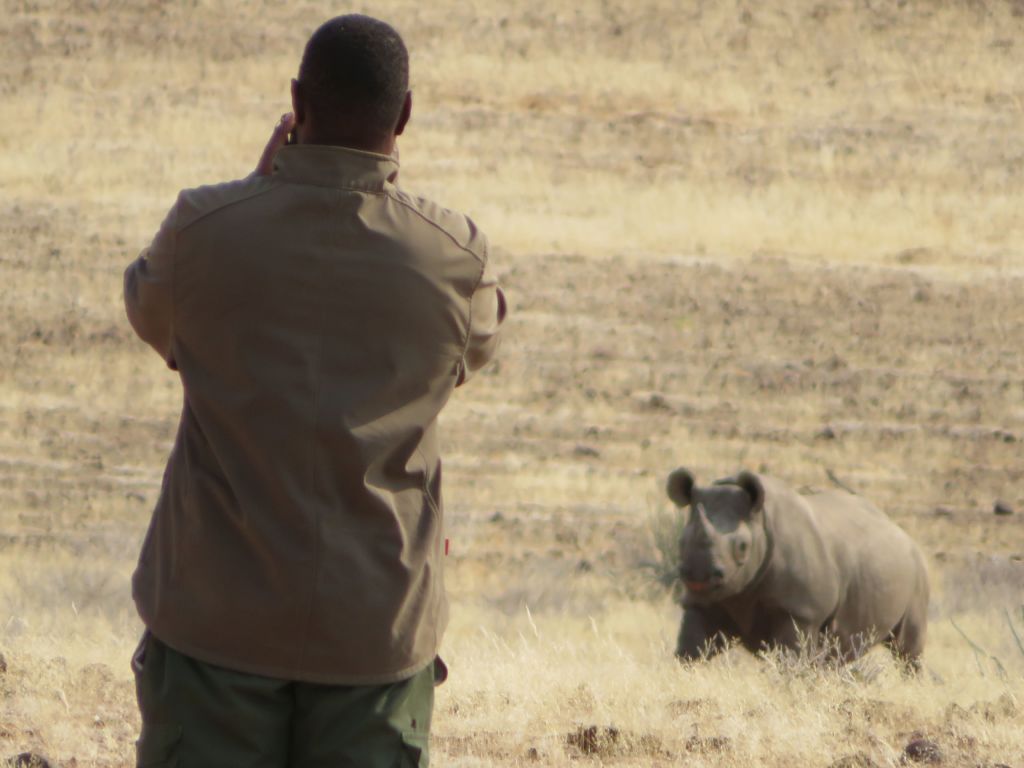
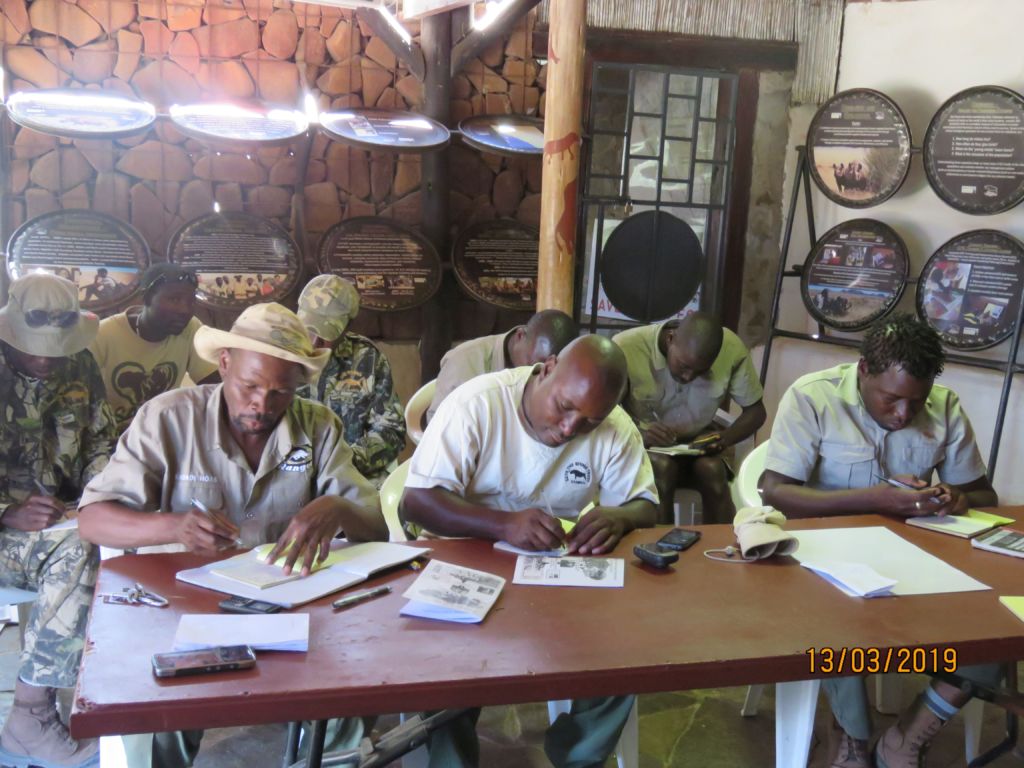
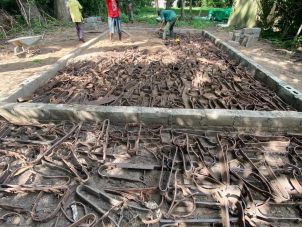
Southern Africa
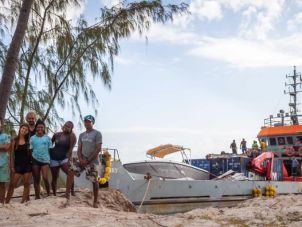 01 December 2020 - 31 May 2021
01 December 2020 - 31 May 2021
Southern Africa
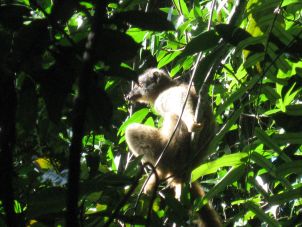 01 April 2021 – 31 March 2022
01 April 2021 – 31 March 2022
Southern Africa
 January 1, 2021 - June 30, 2021
January 1, 2021 - June 30, 2021
Southern Africa
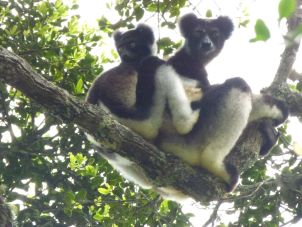 December 1, 2020 - November 30, 2021
December 1, 2020 - November 30, 2021
Southern Africa
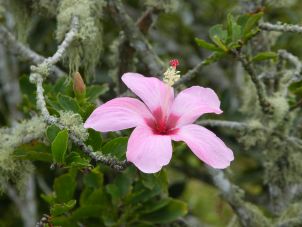 December 1, 2020 - November 30, 2021
December 1, 2020 - November 30, 2021
Southern Africa
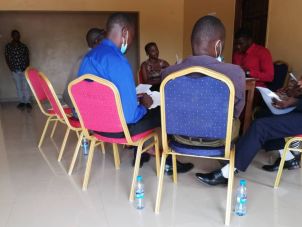 November 1, 2020 - April 30, 2023
November 1, 2020 - April 30, 2023
Southern Africa
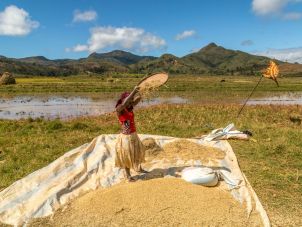 August 01, 2020 - July 31, 2023
August 01, 2020 - July 31, 2023
Southern Africa
